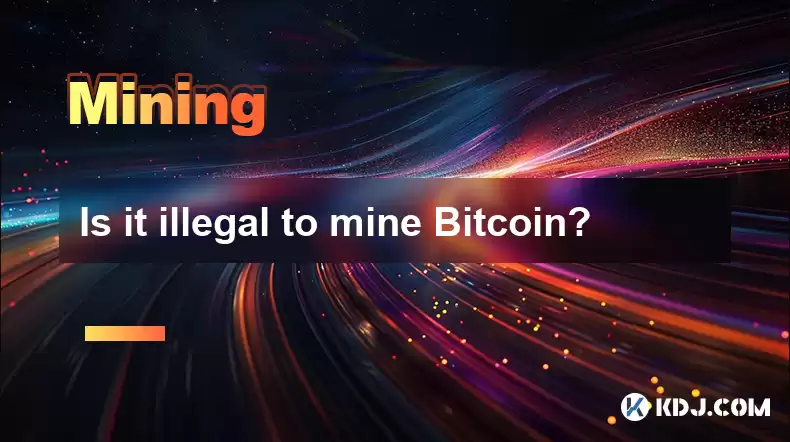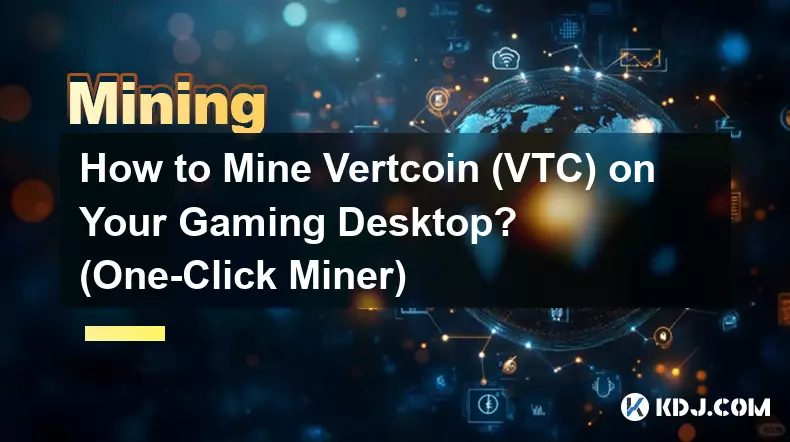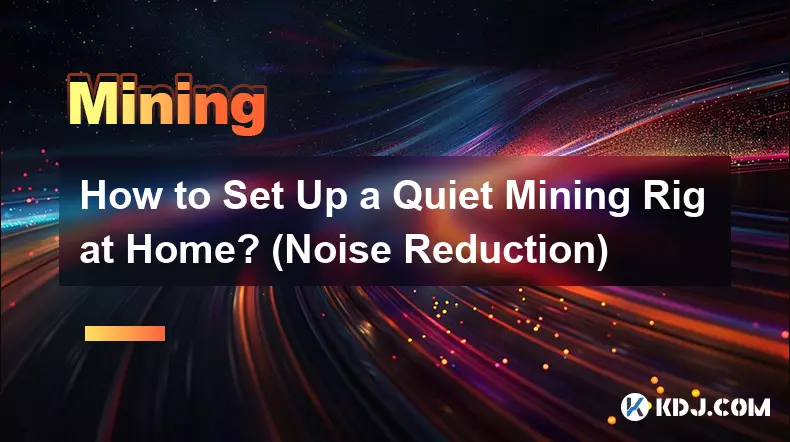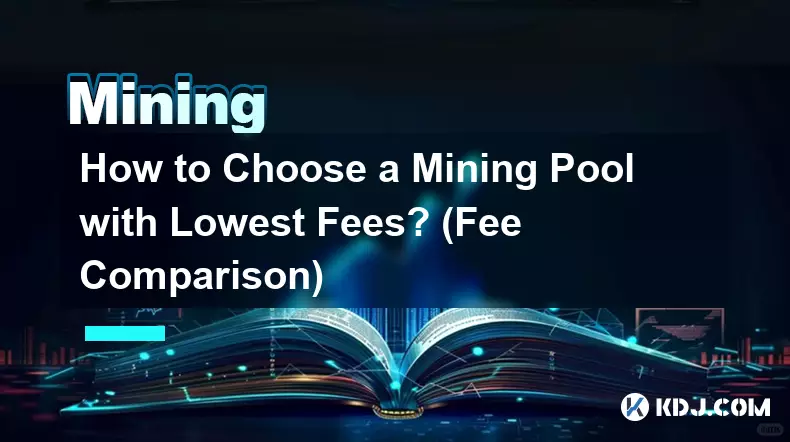-
 bitcoin
bitcoin $87959.907984 USD
1.34% -
 ethereum
ethereum $2920.497338 USD
3.04% -
 tether
tether $0.999775 USD
0.00% -
 xrp
xrp $2.237324 USD
8.12% -
 bnb
bnb $860.243768 USD
0.90% -
 solana
solana $138.089498 USD
5.43% -
 usd-coin
usd-coin $0.999807 USD
0.01% -
 tron
tron $0.272801 USD
-1.53% -
 dogecoin
dogecoin $0.150904 USD
2.96% -
 cardano
cardano $0.421635 USD
1.97% -
 hyperliquid
hyperliquid $32.152445 USD
2.23% -
 bitcoin-cash
bitcoin-cash $533.301069 USD
-1.94% -
 chainlink
chainlink $12.953417 USD
2.68% -
 unus-sed-leo
unus-sed-leo $9.535951 USD
0.73% -
 zcash
zcash $521.483386 USD
-2.87%
Is it illegal to mine Bitcoin?
Sentence: In most countries, Bitcoin mining is legal, but bans exist in China, Algeria, Bangladesh, Bolivia, Cambodia, Egypt, Iraq, Qatar, and Tunisia due to concerns about energy consumption, money laundering, and environmental impact.
Jan 18, 2025 at 09:48 am

Hey there, crypto-curious folks! Let's dive into the wild world of Bitcoin mining and see if it's a legal minefield or a golden opportunity.
What's Bitcoin Mining, Anyway?Think of Bitcoin mining as the process of minting new Bitcoins. It involves solving complex puzzles using powerful computers. The first miner to crack the code gets rewarded with shiny new Bitcoins, and the transaction is recorded on the Bitcoin blockchain, a public ledger that keeps track of all Bitcoin transactions.
So, Is It Illegal?In most countries, Bitcoin mining is as legal as playing hide-and-seek. However, there are a few exceptions.
- China: Banned all crypto-related activities, including mining, in 2021.
- Algeria: Mining and trading cryptocurrencies is illegal.
- Bangladesh: Buying, selling, or mining cryptocurrencies is forbidden.
- Bolivia: Bitcoin mining is prohibited, but trading is allowed.
- Cambodia: Crypto mining and trading are illegal.
- Egypt: Mining cryptocurrencies is illegal, but trading is permitted.
- Iraq: All crypto transactions, including mining, are banned.
- Qatar: Mining cryptocurrencies is illegal.
- Tunisia: Crypto mining and trading are illegal.
Some governments have concerns about:
- Energy consumption: Bitcoin mining requires a lot of electricity, which can strain power grids.
- Money laundering: Criminals might use Bitcoin mining to launder illicit funds.
- Environmental impact: The energy-intensive nature of mining can contribute to climate change.
In most other countries, Bitcoin mining is legal. However, there are regulatory differences:
- United States: Mining is legal but subject to taxation.
- European Union: Mining is legal, but regulations vary by country.
- Canada: Mining is legal but may be subject to environmental regulations.
- Japan: Mining is legal and regulated by the Japanese Financial Services Agency.
- South Korea: Mining is legal but subject to strict regulations.
Even in countries where Bitcoin mining is legal, miners need to:
- Pay taxes: Mining income is taxable in many jurisdictions.
- Comply with environmental regulations: Avoid excessive energy consumption.
- Avoid money laundering: Ensure your mining operations are legitimate.
Navigating the legal landscape of Bitcoin mining can be tricky. Before you start digging for digital gold, make sure you understand the laws in your country. If you're in a banned region, don't risk it. In other countries, take precautions to stay compliant and avoid legal headaches.
Remember, Bitcoin mining is a decentralized process that operates outside of government control. But that doesn't mean it's a free-for-all. Laws and regulations are evolving rapidly, so keep up to date with the latest developments.
Happy mining, crypto enthusiasts!
Disclaimer:info@kdj.com
The information provided is not trading advice. kdj.com does not assume any responsibility for any investments made based on the information provided in this article. Cryptocurrencies are highly volatile and it is highly recommended that you invest with caution after thorough research!
If you believe that the content used on this website infringes your copyright, please contact us immediately (info@kdj.com) and we will delete it promptly.
- UAE Investor Secures Major Stake in Trump-Linked Crypto Firm Amidst Shifting Geopolitical Tides
- 2026-02-02 07:10:01
- Pepe Meme Coin: Navigating the Hype, Price Predictions, and Future Outlook in 2026 and Beyond
- 2026-02-02 07:05:01
- Blockchain Gaming's Quiet Revolution: Unpacking Latest Trends and Industry Insights Amidst Market Shifts
- 2026-02-02 06:30:01
- IPO Genie, Tokenization, and YouTubers: The Big Apple's Next Big Bet on Democratized Wealth
- 2026-02-02 06:40:02
- Aptos in a Bind: Downtrend Deepens, But a Brief Relief Bounce Looms Before the Next Plunge
- 2026-02-02 07:00:01
- Pi Network, ATL, and Community: Navigating the Currents of a Mobile-First Crypto Movement
- 2026-02-02 07:00:01
Related knowledge

How to Spot a Cloud Mining Scam? (Red Flags to Watch For)
Feb 02,2026 at 08:20am
Unrealistic Return Promises1. Platforms advertising guaranteed daily returns above 1–2% without disclosing underlying hardware, electricity costs, or ...

How to Earn Passive Income with DePIN Mining? (New Trend 2026)
Feb 01,2026 at 12:40pm
Understanding DePIN Mining Mechanics1. DePIN mining relies on real-world infrastructure participation rather than computational hashing. Users deploy ...

How to Mine Vertcoin (VTC) on Your Gaming Desktop? (One-Click Miner)
Feb 02,2026 at 03:39am
Understanding Vertcoin's Mining Algorithm1. Vertcoin uses the Verthash algorithm, which is intentionally memory-hard and designed to resist ASIC domin...

How to Set Up a Quiet Mining Rig at Home? (Noise Reduction)
Feb 01,2026 at 11:00pm
Acoustic Enclosure Design1. Use rigid, dense materials such as MDF or acoustic-grade plywood for the enclosure walls to block mid-to-high frequency no...

How to Choose a Mining Pool with Lowest Fees? (Fee Comparison)
Feb 02,2026 at 02:39am
Understanding Mining Pool Fee Structures1. Pool operators charge fees to cover infrastructure, maintenance, and administrative costs. These fees manif...

How to Mine Bitcoin on Mac (M1/M2/M3)? (Software Tutorial)
Feb 01,2026 at 07:19pm
Understanding Bitcoin Mining on Apple Silicon1. Bitcoin mining relies on solving cryptographic puzzles using computational power, and Apple’s M1, M2, ...

How to Spot a Cloud Mining Scam? (Red Flags to Watch For)
Feb 02,2026 at 08:20am
Unrealistic Return Promises1. Platforms advertising guaranteed daily returns above 1–2% without disclosing underlying hardware, electricity costs, or ...

How to Earn Passive Income with DePIN Mining? (New Trend 2026)
Feb 01,2026 at 12:40pm
Understanding DePIN Mining Mechanics1. DePIN mining relies on real-world infrastructure participation rather than computational hashing. Users deploy ...

How to Mine Vertcoin (VTC) on Your Gaming Desktop? (One-Click Miner)
Feb 02,2026 at 03:39am
Understanding Vertcoin's Mining Algorithm1. Vertcoin uses the Verthash algorithm, which is intentionally memory-hard and designed to resist ASIC domin...

How to Set Up a Quiet Mining Rig at Home? (Noise Reduction)
Feb 01,2026 at 11:00pm
Acoustic Enclosure Design1. Use rigid, dense materials such as MDF or acoustic-grade plywood for the enclosure walls to block mid-to-high frequency no...

How to Choose a Mining Pool with Lowest Fees? (Fee Comparison)
Feb 02,2026 at 02:39am
Understanding Mining Pool Fee Structures1. Pool operators charge fees to cover infrastructure, maintenance, and administrative costs. These fees manif...

How to Mine Bitcoin on Mac (M1/M2/M3)? (Software Tutorial)
Feb 01,2026 at 07:19pm
Understanding Bitcoin Mining on Apple Silicon1. Bitcoin mining relies on solving cryptographic puzzles using computational power, and Apple’s M1, M2, ...
See all articles










































































